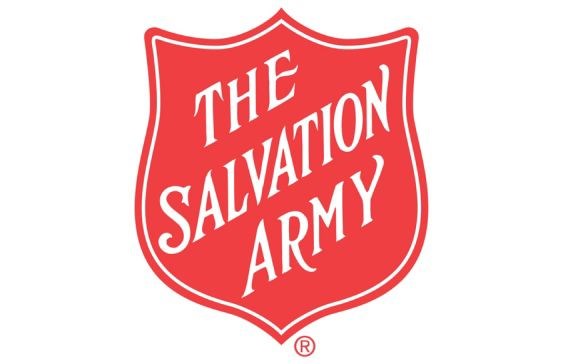Protein is an essential building block for growing children and as one in three people who access BC Food Banks is a child, it is welcome news that the BC Salmon Farmers Association (BCSFA) is donating 86,000 cans of salmon to be distributed throughout the province during the COVID-19 pandemic.
Prince George is one of five Food Banks BC hubs that will receive a share of the donation, which is on its way to all hubs. Almost 100,000 people a month are served by B.C. food banks.
"This is a time for all industries to step up and support those most affected by COVID-19 and that's exactly what BC's salmon farmers are doing," John Paul Fraser, executive director of the BCSFA, said. "Working with Food Banks BC, we're delighted to partner with BC-based businesses to can, process and transport fresh BC farm-raised salmon, providing families with healthy protein produced here in the province."
In Prince George the Salvation Army is not experiencing an increased demand at this time, said Major Neil Wilkinson.
"For whatever reason we are kicking the trends for food banks across the province from what I've heard," Wilkinson said. "We are holding our own."
But in other parts of the province it's a different story.
"In some instances, numbers have already doubled and we're seeing line ups grow longer, yet food donations are down," Laura Lansink, executive director of Food Banks BC. "Some people who were donors are now food bank recipients."
Canned protein donations are rare as they are more expensive than other canned goods, she added..
"This donation of canned salmon is simply amazing," Lansink said. "Prince George is BC Food Banks northern hub so the Salvation Army will be keeping a portion of the donation and then the rest of it will be shared with 15 to 20 other food banks in the area."
As of press time the number of canned salmon heading north was not known.
"Throughout Food Banks BC canned protein is most desirable but it also the least donated item because it is expensive," Lansink said. "We've never had such a large donation of canned salmon and we are so grateful to the BC Salmon Farmers Association. So what we're doing is dividing them up between our five hubs and shipping is just starting to happen now."
The most desirable donations for food banks is canned salmon and tuna and peanut butter.
During the COVID-19 pandemic the local Salvation Army food bank is only accepting cash donations by individuals to lower the risk of spreading the life-threatening virus, Wilkinson said.
People who donate cash to the Salvation Army should know the money provides buying power so they can make purchases in bulk at wholesale prices.
The Salvation Army used to allow guests to choose items they would take home from the food bank but to keep people as safe as possible during the pandemic they are now offered prepacked sanitized food hampers with larger amounts of food in them so they don't have to visit as often to get food.
Wilkinson said they probably won't know how many cans of salmon they will receive until they arrive but whatever the amount he is very grateful for the generous donation.
The canned salmon is provided by Cermaq Canada, Grieg Seafood BC, Mowi Canada West, Creative Salmon and Golden Eagle Aquaculture are donating around 60,000 pounds of salmon to food banks during the COVID-19 crisis.
"I have been with Food Banks BC for almost a decade and I have never received a donation like this before," Lansink said. "Protein donations truly are hard to come by, so we are so grateful to BC salmon farmers for stepping up, particularly at this time of COVID-19 when food, and especially protein, is in such short supply. This donation will make a tremendous impact on the individuals, families and children who simply can't always afford to put food on their tables."



